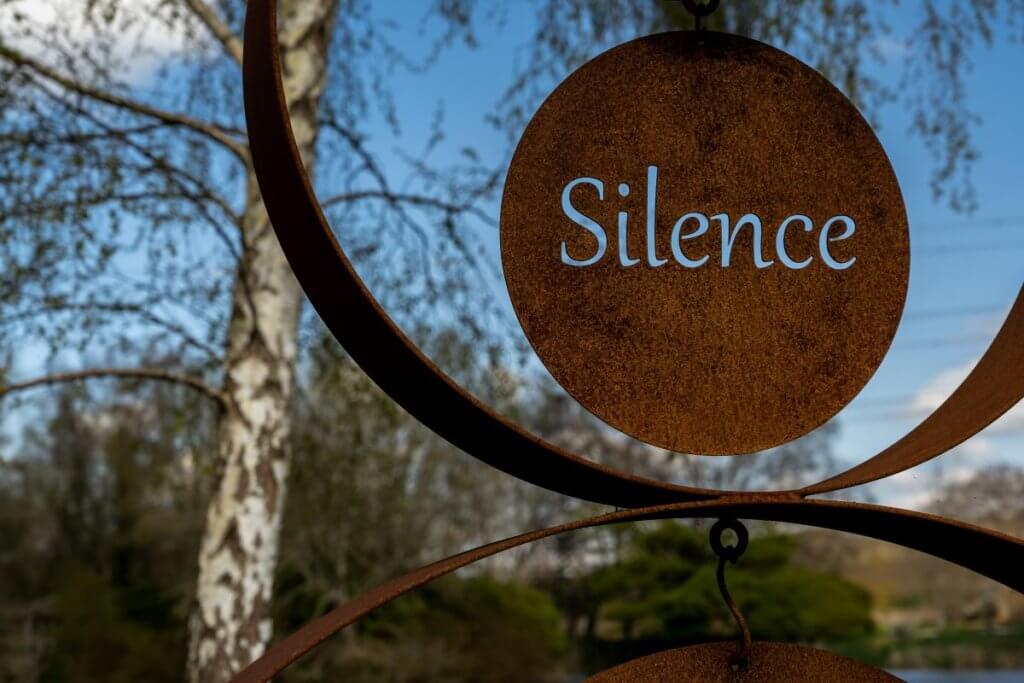
I am the offspring of two very different personality types: a gregarious extrovert and a studious introvert. My youth was shaped by my mother’s extroverted style. She had a positive, upbeat energy and effortless charm in social situations. From her, I learned how to thrive outside the safety of my home. But in my heart of hearts, I was a solitary girl who preferred long silent walks in the woods of southwest Michigan. Many a Saturday afternoon was spent reading in my bedroom. The quiet suited me. And I was always very comfortable in the protracted silence that marked time spent with my introverted father. We were both quite fond of sitting together, with nothing more than “just being” as our objective.
Introversion and Extroversion is a Continuum
Fast-forward to 2012 when Susan Cain’s Quiet: The Power of Introverts in a World That Can’t Stop Talking published. By this time, I was already well-versed in the differences between introverts and extroverts. Not only had I grown up with the stark personality contrast of my two parents, I also had educational training in personality types. Cain’s work lit a fire among the more quiet folks in our communities, helping them give voice to what they often see as dismissal of their reticence and love for quiet. One of the central themes of Cain’s book is that introverts need quiet to recharge. I find this is very true for me. After a long day of networking at a business conference, the last thing I want to do is mosey on down to the bar and have drinks with colleagues. If business dictates that I do so, then I have to (at a minimum) find a quiet space for a few minutes to gather my thoughts and give myself a “silence boost” before I can re-engage.
I’ve noticed that since Cain’s work brought the concepts of introversion into the mainstream media, some people have written about this personality type as if you are an introvert or you are an extrovert. It’s not an either/or proposition. Introversion and extroversion are at the opposite ends of a continuum. Some people identify as “very introverted,” others as “somewhat introverted.” Many people value their down time, including the very extroverted person who occasionally needs to get away from it all.
Benefits of Incorporating Silence Into Your Work
Recent studies point to silence as one of many ways to improve the way we work. When the pandemic sent most office workers home, people gained a new perspective on productivity because they had more downtime and silence. So regardless of your external display of energy, take note of these four potential benefits you’ll gain by incorporating a bit of silence into your work routine.
Enhanced decision-making. According to a Harvard Business Review article on how to have more “Aha!” moments, silence (in the form of meditating) is especially powerful for creating a break-through moment.
Less stress. Research shows that as little as five minutes of silence can relieve stress, so here are four ways to get some quiet into your workday.
Improved self-awareness. The ability to understand your strengths and weaknesses is an important aspect of improving your “EQ” or emotional intelligence. According to this Nautilus post on brain research and silence, one of the benefits of staying quiet is to allow your brain to more easily process what’s going on in the “background” of your mental processing. Daniel A. Gross writes that, “Freedom from noise and goal-directed tasks . . . unites the quiet without and within, allowing our conscious workspace to do its thing, to weave ourselves into the world, to discover where we fit in.”
Better focus. Rasmus Hougaard is the Managing Director for The Potential Project, a company that specializes in teaching mindfulness techniques to business people. Mindfulness, which often involves sitting quietly for a few minutes, has been shown to help people reduce distractions from their busy daily lives. “Our research has shown as much as a 30% increases in focus,” for clients that routinely practice mindfulness, Hougaard notes.
Silence—it’s not just for the introverts among us. When you build a few moments of quiet into your day, you can relieve stress, improve your focus and make better decisions. Who would have thought the absence of sound could be so good for us?
Disclosure: Some of the links in this post are affiliate links,which mean I may be compensated if you click the link and make a purchase.
Photo by Nick Fewings on Unsplash
Updated 2021
Tess,
Many years ago, when I took the Meyers-Briggs Type Indicator (“MBTI”), the facilitator (an industrial psychologist) explained the Introversion/Extroversion scale as a continuum. Like you, I have a natural preference for quiet activities and solitude. But my work as a corporate trainer and consultant often had me in front of many people and “on.” Now as a freelance writer, I’m better matched to my most comfortable state of being. But I can still “dial it up” when needed to make presentations or network with others.
You are wise to build into your day the silence you need to be most effective!